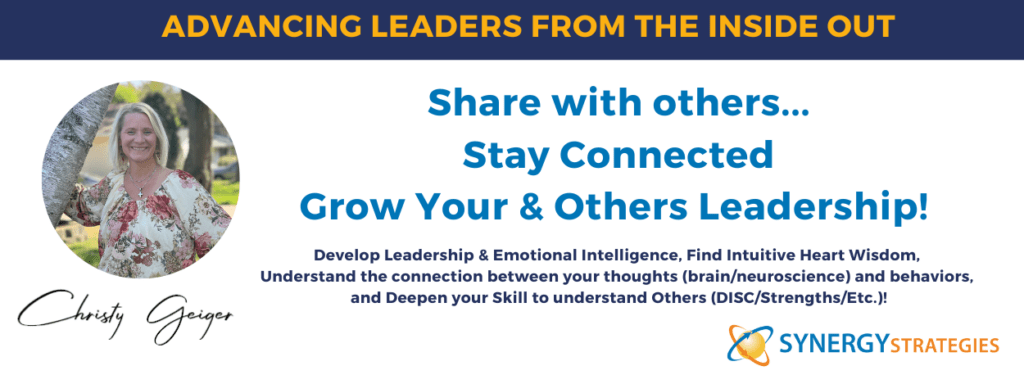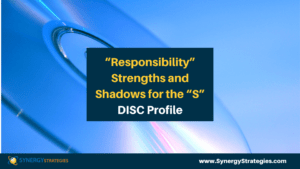Because of the nature of many sales jobs (and other jobs too, but especially sales), it is common to get seduced into following the “urgent” carrot. This “urgent” carrot is whatever opportunity for a sale that is in front of me. I see the potential sale, I follow it. Period.
This model might work for some, but for many it leads to reactionary cycles that are unproductive and lead to a life of 24/7 work life with burnout and no balance. Things fall in the cracks, promises and follow-thru is compromised and it feels like you never quite have enough time.
Today, one of my clients, who is working on mastering sales productivity, and I reviewed his keys to success. These points are what he attributes to his success in his upper end service based sales (high-end design-build landscaping) and are also relevant to many others… as they are basic productivity keys:
1. Do a power hour to get your important things done. This is that one hour each AM to focus NOT on your to do list, rather on the important things you need to do but often do not “get to”.
2. Ask for and know peoples budget. Sometimes this can seem like a question you want to wait to ask and might not be right for all professions, however, it is a great qualifying question. Your goal is to sell. If your buyer has no dollars for the purchase it really doesn’t matter how great of a sales person you are. While you might squeak a sale out of a person like this, the chances are there are other more ripe prospects. Spend your time on people who can afford and are ready to buy your product.
3. Qualify your jobs. Don’t waste time with unqualified jobs. Again, different sales models require different approaches, but if your target is a big fish, don’t fill your time with small fish. If your target is small fish, then do small fish activity. The key is to know what is a qualified lead for you and pursue those. In the world with many demands on your time, this is one way to work to spend your time with prospects that have greater potential. It is a very simple concept, but many sales people move forward without qualifying the lead. Write down 3 attributes of your buying clients. Use this to help you qualify hot leads from cold leads.
4. Know your VALUE proposition. Why should people spend money with you? What makes you different than others? What makes your product or service worth it. As a sales person you have to believe in what you are selling and you have to be able to communicate the value or worth. It is a competitive market, what sets you apart from your competition?
5. Be persistent – ASK FOR THE SALE. Follow-up, don’t assume they are not interested, offer what you can do to help them to make a decisions. (Is there something you are questioning, what is keeping you from making a decision, are you ready to move to the next step, how can I help in the decision making process?)
6. Have a set schedule of meeting blocks. Know when you met with people so you can easily set follow-up appointments. When you wrap up your sales call, you should be able to set a follow-up appointment. We are all busy, if you don’t do this it can take weeks and months to secure another meeting, meanwhile you might lose the prospect to another faster salesperson. When are your blocks?
7. 1/3 prospecting; 1/3 sales; 1/3 production. Know the key parts of your sales cycle and spend proportionate time in each quadrant. Often sales people are in the sales part and balls get dropped at the front and end of the cycle. If you are intentional about time in each, you will round out your day, improve the quality of your WHOLE sale cycle not just the actual sell. What are you 3 main parts? Are you spending time in each?
8. Write down all promises and commitments in calendar. Block time for yourself. Write promises down that you make. Have time to follow-up. You have lots you are thinking about. Your word is important; don’t really on your memory to ensure you make it happen. What time do you need to block for you?
9. Have balance (honor nights and weekends with family). Again different jobs are different, but have time for you and time for work. The 24/7 person looks like a super star out of the gate, but it is hard to maintain the pace. Think about the long distance runner who sprints from the finish line, in order for you to maintain performance you must balance work and life. Your life allows you to work, so take care of it (health, family, energy, rejuvenation time, etc.) What time do you reserve for yourself/life?
10. Build a network / support team. Design strategic alliances and build your support team. Even if you work alone, there are relationships you can find where you “help each other out”. These are priceless. Who is your support team?
Consider the points and the questions. Pick ones that will support you in being strategic with sales. All the best!





